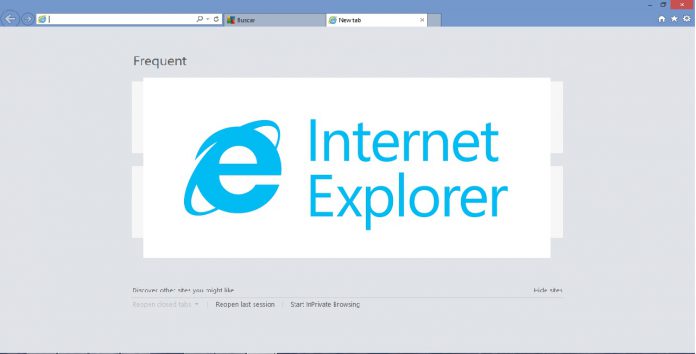New research conducted by FraudLogix says Microsoft and Google’s web browsers have the most ad fraud. The fraud detection firm says Internet Explorer is susceptible to ad fraud, while Google Chrome is the same. Of course, it’s not all bad news for Microsoft. Internet Explorer is not the company’s main browser these days.
In fact, the company has removed support for older versions of Internet Explorer. However, the browser is still well used by millions, so problems with ad fraud are worrying. It is worth mentioning that the validity of FraudLogix’s process and results are up for debate.
The company looked a 135 million individual online ad impression samples over a week in July. The study looked for non-human (bot) traffic.
As well as Internet Explorer, Google Chrome was also found to have a large share of bot traffic. This is arguably more concerning that IE considering Chrome is the leading web browser on the market. Below are some of the results from FraudLogix:
- “Internet Explorer. About 50% of impressions served were deemed to be “nonhuman.” Internet Explorer made up 16.2% of overall traffic analyzed.
- Google Chrome. About 20.5% of impressions served were via “nonhuman” traffic. Chrome made up 61% of overall traffic in the study.
- Fewer than 5% of impressions served to Mozilla’s Firefox, Apple’s Safari, and Microsoft Edge, the company’s newer browser, were deemed fraudulent.”
Accuracy
As we mentioned, the final results and conclusions are up for debate. Indeed, it is FraudLogix that suggests this.
Hagai Shechter, CEO of FraudLogix admitted that bots can actually take traffic on any browser. Google said this in response to the study, saying even non-infected machines can have non-human traffic. Microsoft also added that it is skeptical about the results. Shechter says that he does not think Google’s theory is applicable in this study.
Even though Internet Explorer is aging and largely unsupported, it is the second most used browser on the market. With Google Chrome leading the way, it is perhaps obvious that these browsers will be open to more ad fraud. FraudLogix has not said whether it normalized its sample sizes to account for browser popularity.






